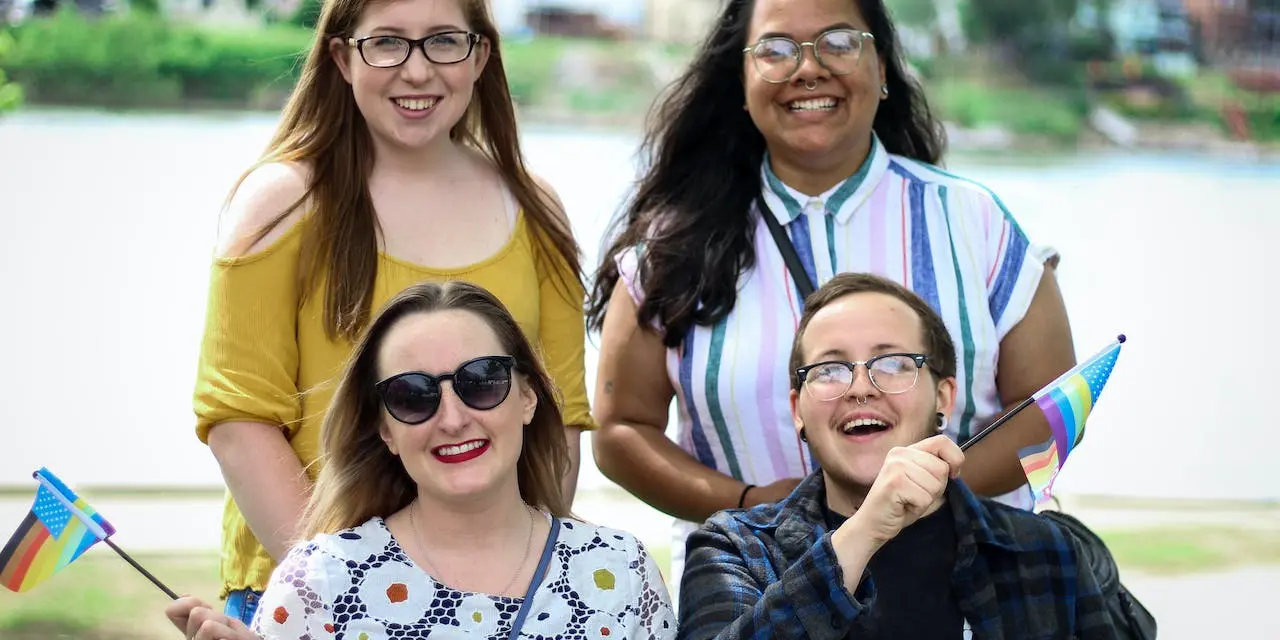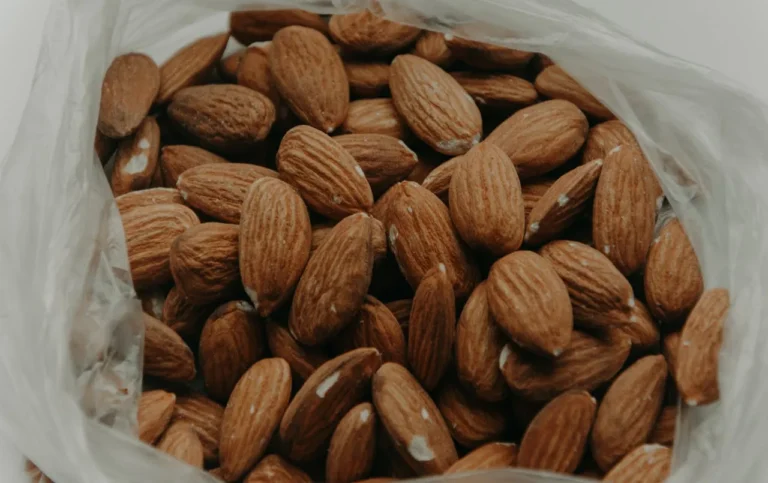
Mind the gap tool provides action plans advancing gender equity
Of the numerous earnings to be had from advancing gender equity, none are clearer than the fiscal benefits for the world’s GDP and global business’s bottom line.
Estimates from the World Bank Group suggest that if women had the same continuance earnings as men, global wealth would increase on average by$ 23,620(€ 22,392) per person.
In terms of profitability McKinsey exploration shows that companies with different administrative boards outperform assiduity peers by 21.
Delivering equity in our business
At Unilever, erecting gender equity begins in our own plant. We use a metric called the Gender Appointment rate( GAR) to offer elderly leaders a track record of their movables over a five- time period.
Our hiring directors also use ‘ balanced slates ’ to insure there’s a position playing field of talented people to promote. In 2022, women represented 54 of our operation workers.
Measuring success in our commission programmes
We also aim to insure the same rigour is applied to our sustainability enterprise with mates and NGOs.
Working with the International Center for Research on Women( ICRW), we developed a Gender Equity Framework to insure gender equity can be erected into each programme’s delivery and design.
And we ’ve now created a Gender Equity Assessment Tool( GEAT)( PDF3.13 MB) with ICRW, furnishing each programme with a scorecard measuring how much they ’ve considered women alongside a acclimatized action plan to accelerate change.
“ Brand enterprise similar as Dove’s tone- regard Programme have a clear impact for women and girls, ” says Anouk Heilen, Unilever’s Global Head of Sustainability, Social Equity and Addition.
“ But as we drive towards gender equity, we want to support brigades in every part of the business to ameliorate the issues and gender impact of their sustainability enterprise.
“ GEAT has been designed so it can be used for enterprise across our value chain, whether that’s for our pool, force chain or brands, ” she adds.
How the tool works
The assessment begins with stakeholders completing a tone- assessment questionnaire on four crucial equity motorists
profitable commission
Health & Wellbeing
Safety
Voice & Leadership
The answers assess the design and impact of each action, as well as how feedback is given to stakeholders and actors.
The results are also collated onto a scorecard, using a colour coding. Red signals the action doesn’t consider the impact on women and girls and that action is needed. Amber indicates there’s some gender consideration and mindfulness, although there’s still space for farther development. Green recognises that gender equity is core to the action’s pretensions and objects.
“ The end is to give each action with a practical action- led pathway on what they can do to consider gender and ameliorate their score, ” Anouk says.
One action that’s formerly carried out a GEAT assessment is Unilever Nigeria’s Shakti programme. The action works with 5,000 women in pastoral communities, furnishing them with seed capital, business training and products to resell to achieve a sustainable income.
“ The thing is to help African women achieve fiscal security and move from low- income to middle- income, thereby bolstering their independence, ” says Managing Director of Unilever Nigeria, Tim Kleinebenne.
As a crucial Shakti Nigeria stakeholder, Lily Dogo, Assistant client Development director, filled in the GEAT questionnaire. “ It was a big awakening for me in understanding the interplay of the core motorists that are needed for gender equity, ” she says.
The programme entered a green scorecard as well as an action plan for fresh changes.
“ It suggested we look at ways to more understand the challenges women face as Shaktimicro-entrepreneurs and explore medical insurance and childcare to increase engagement. They’re surely points to consider in the future, ” Lily adds.
Why all businesses should move the dial on gender equity
Worldwide, women regard for 64 of consumer spending. And according to operation advisers McKinsey, equivalency for women in the global labour force could add$ 28 trillion(€25.37 trillion) to the global frugality by 2025.
“ Through tools similar as GEAT, ” Anouk says, “ we can raise mindfulness that all four motorists are important to optimally meet the requirements of women and girls. ”
Source Link:https://www.unilever.com/




